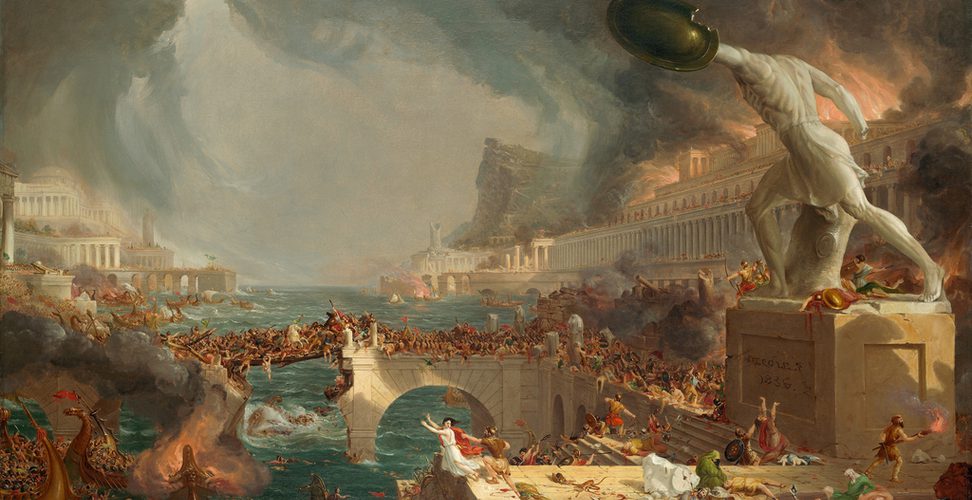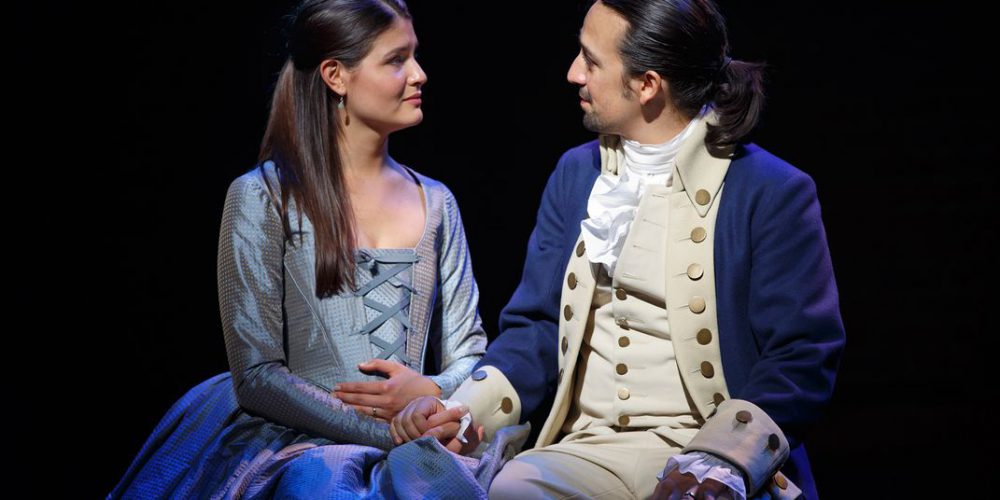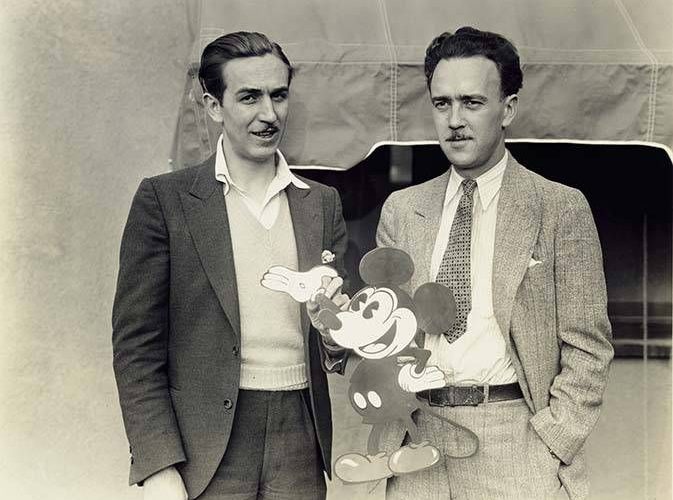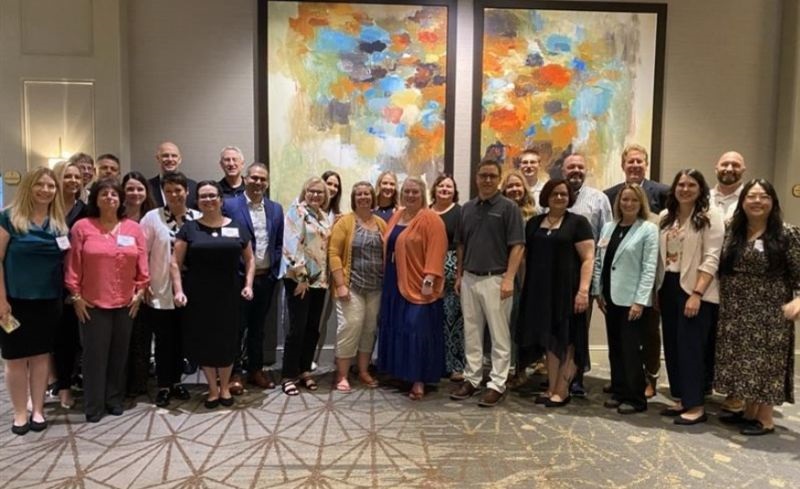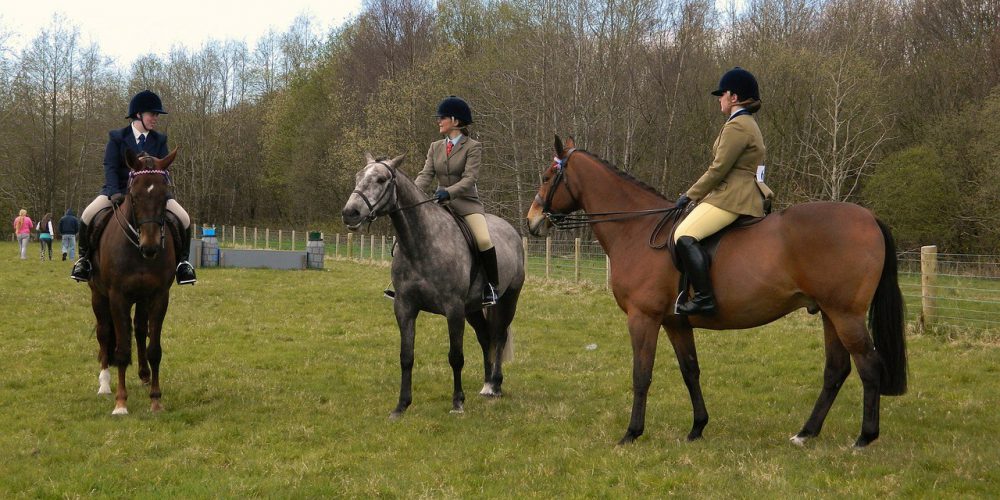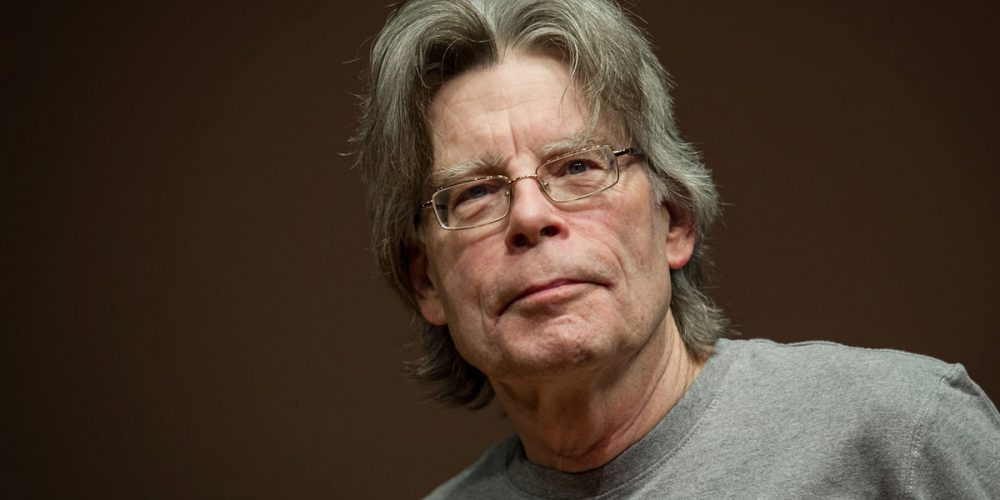Wonderstruck’s Todd Haynes: I find movies rely upon dialogue too much and lose the visual language
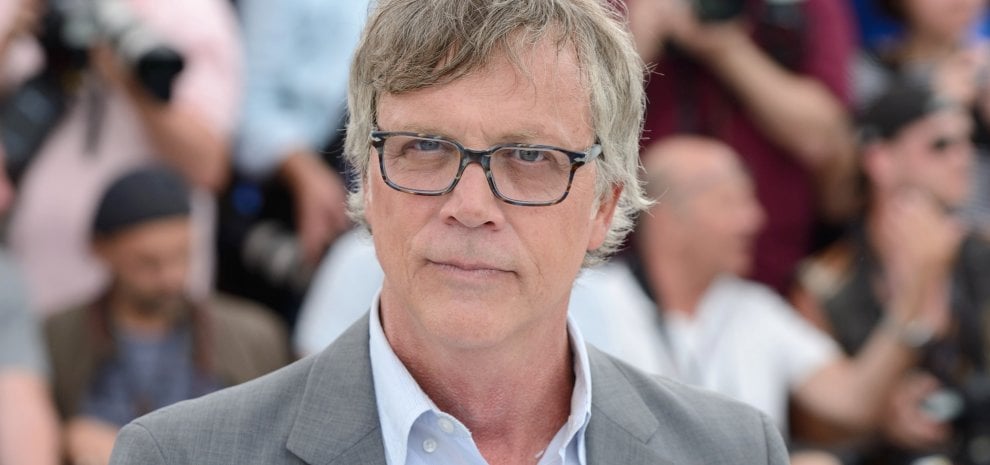
The director of ‘Wonderstruck’ has just won the Pardo d’Onore Manor, an honour celebrating his lifetime of cinematic mastery at the Locarno Film Festival.
Todd Haynes’s new film Wonderstruck starring Julianne Moore and Michelle Williams is an ode to silent movies.
He says, “I find movies rely upon dialogue too much sometimes and you lose the power of what really the most basic cinematic language is, which is the visual language.”
To celebrate they are showing his debut film Poison, which played in the Locarno competition 26 years ago and his latest, Wonderstruck. His prowess as a filmmaker continues to grow, but some things never change.
Poison won the Grand Jury Prize at the Sundance Film Festival in 1991.
Haynes says of his sci-fi horror Poison which was inspired by the novels of French activist Jean Genet; “The film had a lot to say about what was happening about AIDS.”
His latest work Wonderstruck, a children’s story based on the 2011 novel of the same name by Brian Selznick (The Invention of Hugo Cabret), is the tale of two young runaways, 12-year-old Rose (Millicent Simmonds) who lives in 1927 and Ben (Oakes Fegley) struggling in New York in 1977. Both children are also dealing with being deaf.
Haynes argues the children from the two different eras are linked because, “They are struggling out of their sense of being victims and trying to find a language with which to communicate. It’s a film about finding your language and finding family.”
Much of the film is without dialogue and it was the challenge of telling the story with pictures rather than words that excited Haynes so much, “I didn’t quite realize until we started to put together our first cut of Wonderstruck, how much time is spent with no words spoken whatsoever.”
And with the lack of dialogue, music becomes an important element in telling the story. He states that he purposely went against the accepted cinematic practice: “You know when people say that great scores are things that you’re not supposed to notice, this film you notice the score.”

